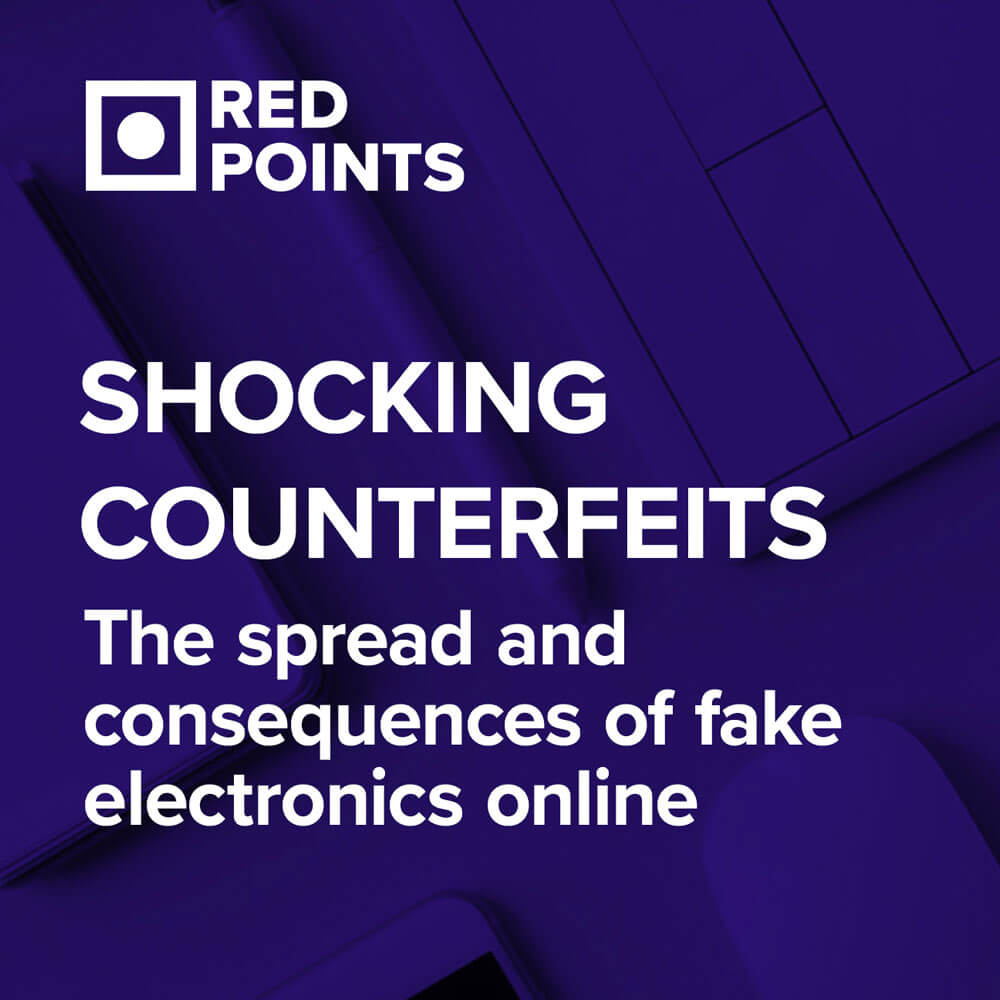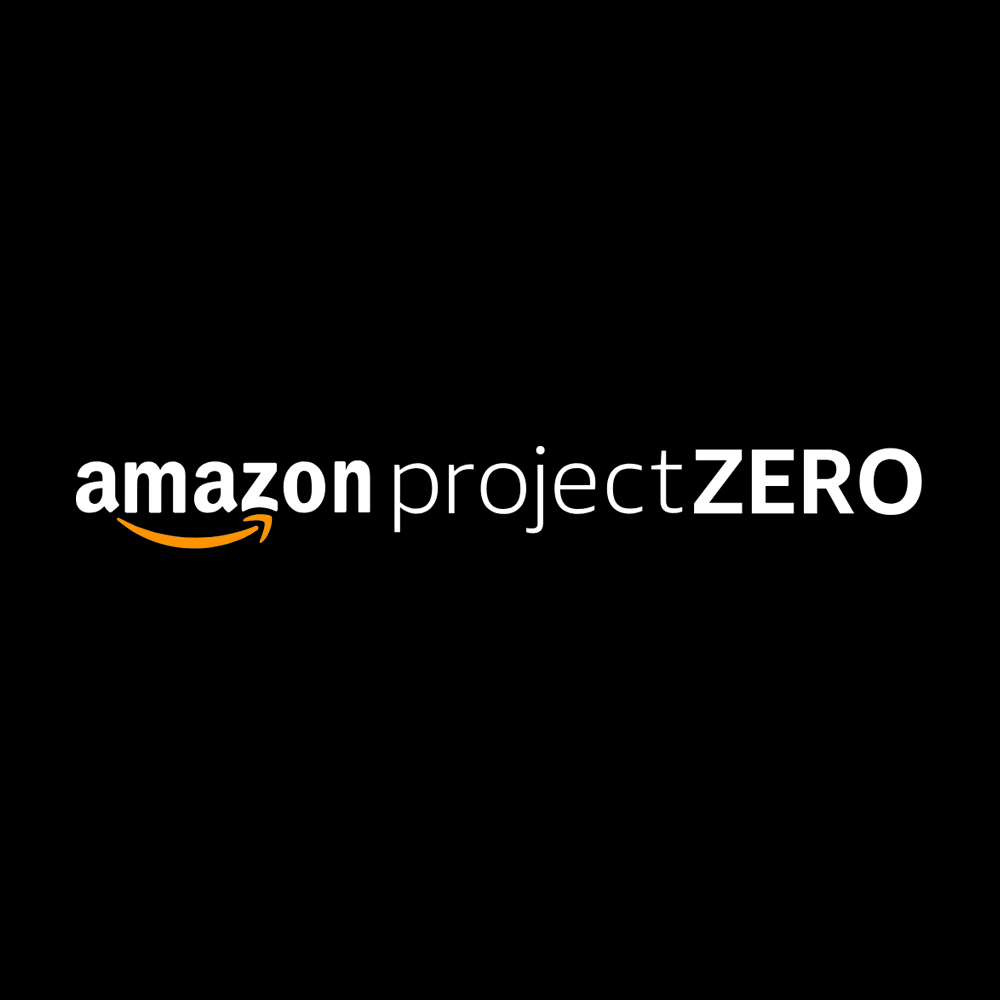4th March 2019 – The market for online counterfeit goods is booming. As businesses grapple with increasing rates of intellectual property infringement, brand protection technologies are proving essential to a robust defence.
Globalisation and the rapid development of technology have presented the world with countless benefits – from free trade to a more even playing field for companies of all sizes. But over the years, one negative side effect has emerged: a booming counterfeit market.
The unstoppable rise of e-commerce has only intensified the mushrooming growth of the counterfeit goods industry. Market research firm Euromonitor International has estimated that e-commerce will become the largest retail channel in the world by 2021, accounting for 14 percent of total retail sales. In some parts of Europe, digital retail sales are set to outpace in-store shopping as soon as this year.
The sheer size of the online counterfeit market is shocking: according to the latest Global Brand Counterfeiting Report, it was worth $1.2trn (€1.05trn) in 2017, with online intellectual property (IP) infringements accounting for as much as $323bn (€281.5bn) of that total. IP infringements are especially rife on trusted online marketplaces and social media websites.
As the fake goods industry grows and fraudsters improve their techniques, high-end brands and little-known start-ups face an equally daunting challenge. “The truth of the matter is that online sales make fakes even harder to spot,” said Laura Urquizu, CEO of brand protection technology firm Red Points.
With the volume and quality of online fakes making it increasingly difficult for brand owners to protect what is rightfully theirs, artificial intelligence (AI) technologies could provide a revolutionary solution.
Automating brand protection
Traditionally, companies have dealt with any issues of IP infringement or brand protection through in-house lawyers or contracted legal services. But today, as sales on e-commerce marketplaces and social media platforms begin to dominate the retail landscape (see Fig 1), these conventional solutions are struggling to cope with the increased level of counterfeiting occurring in the market.
With this changing landscape in mind, Urquizu believes machine-learning tools – such as computer vision and natural language processing – can help brands organise information and detect fakes quicker, allowing for the automatic enforcement of IP rights. “Contrary to a service-based approach, only a scalable technological solution can significantly address the challenge [presented by IP infringement],” Urquizu told European CEO.
Barcelona-based Red Points has emerged as a unique leader in IP infringement and brand protection thanks to its AI-based solution, which aims to save businesses time and money on online counterfeiting issues. The company’s cloud-based, software-as-a-service (SaaS) technology detects and removes online IP infringements through advanced keyword-monitoring systems, which are managed by clients via a simple platform. By using machine-learning technology, companies also benefit from a brand protection service that is constantly evolving and learning to highlight the most important potential incidents to rights owners.
“When brand protection is automated, it can take, on average, as little as four-and-a-half hours from detection of [infringement] to takedown – a process that typically takes days or weeks when done manually,” Urquizu said. “Speed and accuracy are key when it comes to effectively fighting online counterfeits, and this can only be achieved with smart technology.”
Every day, Red Points’ proprietary software removes more than 100,000 incidents of illegal products and related content from the internet. Its technology currently helps more than 400 customers tackle fake content across over 100 global markets with a 96 percent success rate. As a result, the company, which was founded in 2011 by intellectual property lawyer Josep Coll and entrepreneur David Casellas, has attracted $26.2m (€22.8m) of investment from venture capital firms such as Eight Roads and Northzone.





